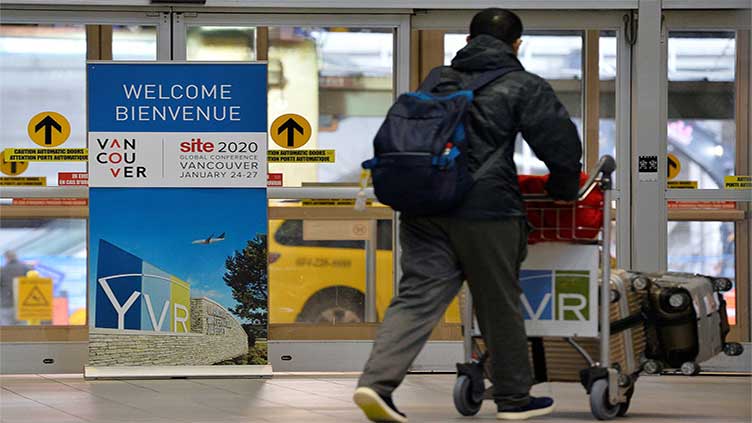Snowstorm halts Vancouver flights at Canada's second busiest airport

World
Heavy snowfall and low visibility from a strong winter storm blanketing Pacific Canada.
OTTAWA (Reuters) - Heavy snowfall and low visibility from a strong winter storm blanketing Pacific Canada forced the country s second busiest airport in Vancouver to halt all flights on Tuesday morning (Dec 20), with disruptions expected to continue ahead of the Christmas weekend.
The Vancouver International Airport said the storm has had "an unprecedented impact on flights" and caused mass cancellations overnight.
"Travel continues to be significantly impacted this morning and we anticipate cancellations and delays to continue through the day and the week ahead," the airport said in a statement.
A low pressure system from the Pacific Ocean combined with very cold Arctic air over British Columbia dragged temperatures down and brought up to 25cm of snow to parts of the western province overnight, a meteorologist with Environment Canada said.
Crews were clearing the airfield and aircraft of snow and ice to get planes and people moving again, the Vancouver airport said.
Data from airline tracking website Flightaware showed a nearly 200 flights scheduled to arrive or depart on Tuesday had been cancelled, with another 67 delayed.
The Vancouver region was experiencing a "significant winter storm" that is expected to bring more snow in the morning before the weather clears out by noon, Environment Canada meteorologist Ross MacDonald said.
"We re still in the thick of it right now," MacDonald said early Tuesday morning.
Environment Canada issued extreme cold, snowfall and arctic outflow warnings for most of British Columbia, urging people to dress warmly and watch for hazardous driving conditions over the next couple of days.
The storm was also expected to bring the nasty weather to a large swath of the United States, extending from the Northwest and Great Plains southeast into the Appalachians.
It will likely lead to flight delays and impassable roadways during one of the busiest travel periods of the year, the National Weather Service warned.

